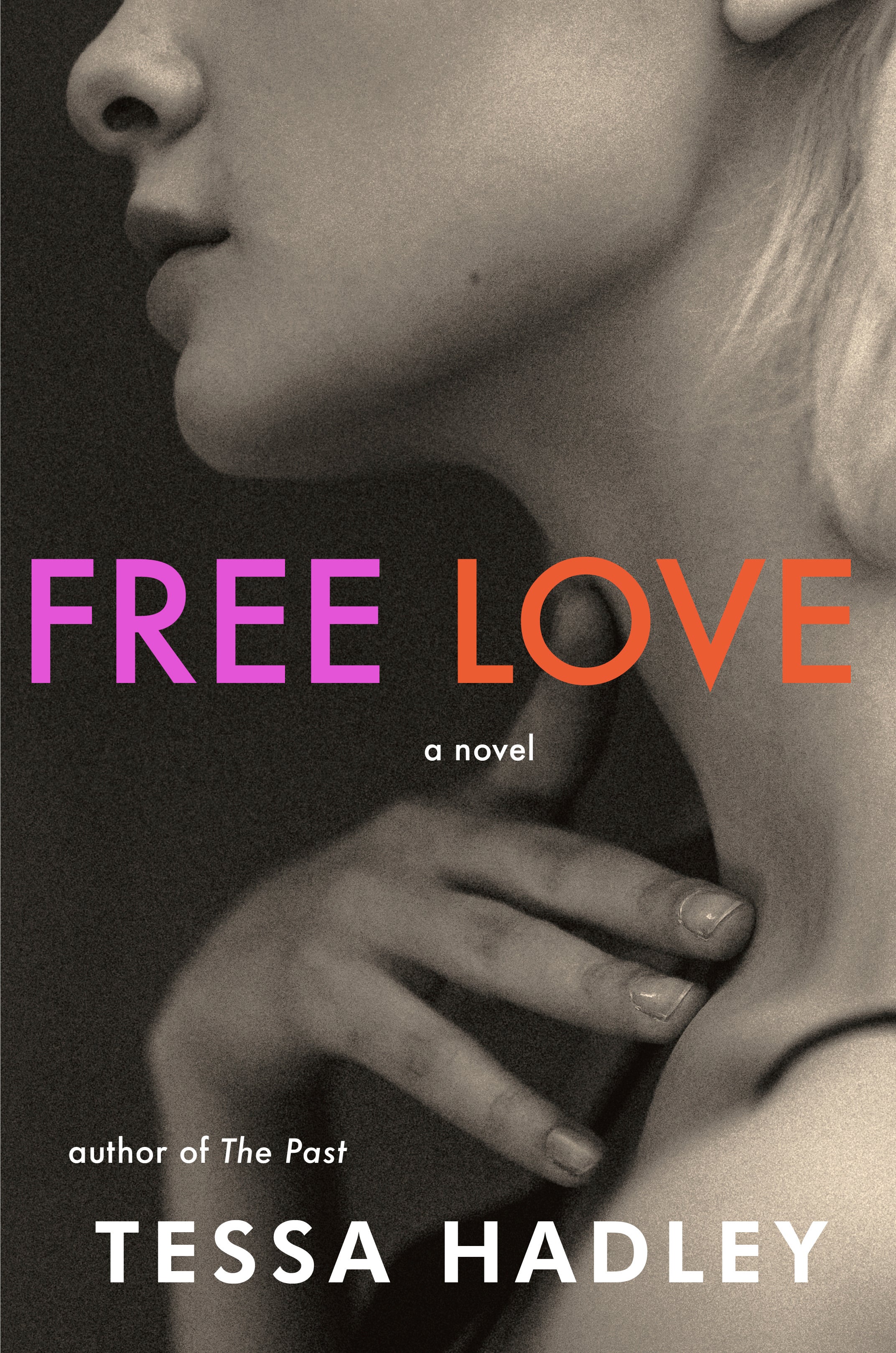Review: Tessa Hadley pens subtle, seductive novel of ’60s
The year is 1967, and Phyllis, a 40-year-old homemaker outside London, is getting dressed for dinner

Your support helps us to tell the story
From reproductive rights to climate change to Big Tech, The Independent is on the ground when the story is developing. Whether it's investigating the financials of Elon Musk's pro-Trump PAC or producing our latest documentary, 'The A Word', which shines a light on the American women fighting for reproductive rights, we know how important it is to parse out the facts from the messaging.
At such a critical moment in US history, we need reporters on the ground. Your donation allows us to keep sending journalists to speak to both sides of the story.
The Independent is trusted by Americans across the entire political spectrum. And unlike many other quality news outlets, we choose not to lock Americans out of our reporting and analysis with paywalls. We believe quality journalism should be available to everyone, paid for by those who can afford it.
Your support makes all the difference.“Free Love,” by Tessa Hadley (HarperCollins)
The 1960s are an easy punching bag. In her 1968 essay collection “Slouching Towards Bethlehem,” Joan Didion borrowed a line from W.B. Yeats’ poem “The Second Coming” to evoke the sense of apocalyptic doom that she associated with the era.
By contrast, the English novelist Tessa Hadley has a far more nuanced view of the decade in her brilliant, sensual, seductively plotted new novel, “Free Love.” The title is ironic since the great love affair at its center exacts a heavy toll on both of the families involved.
When the novel begins, it is 1967. Phyllis, a 40-year-old homemaker with two children in suburban London, is getting dressed for dinner. She and her husband Roger, a high-ranking civil servant in the Foreign Office, are expecting Nicholas, the 20-something son of an old friend. Phyllis dabs on L’Air du Temps, slips into a green chiffon empire-waist dress with bold red and orange stripes.
Hadley, a boomer who was born in 1956, gets all the period details completely right — the menu includes pork terrine in aspic and charlotte russe cake, Nicholas is reading R.D. Laing and Claude Levi-Strauss. But more importantly, she captures the emotional weather of a turbulent era forever linked to Haight-Ashbury, Woodstock and the mod fashions of Carnaby Street, one whose social and political repercussions are still being felt today.
Moving forward and backward in time from that fateful night, Hadley, who has written seven previous novels and three short story collections, has devised an intricate plot that unfolds with the terrible inevitability of a Greek tragedy. At the same time, it manages not to take itself too seriously in large part due to the uncanny good humor and common sense of its very English main characters.
Just as Didion did, Hadley pulls back the curtain on the naïve illusions — some would say delusions — of the peace-and-love generation. But she also gives the underlying intellectual arguments their due. Still, it would be a big mistake to think of “Free Love” as a sociological tract masquerading as a novel.
Hadley has written an extraordinary story about love and transformation with a woman in early middle age at its center who is willing to sacrifice virtually everything to achieve what Hillary Clinton memorably described in her 1969 commencement speech at Wellesley as “more immediate, ecstatic and penetrating modes of living.”
This is a novel that will stay with you for a long time.